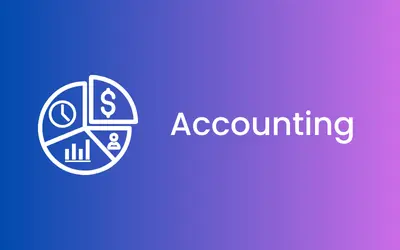Finance And Accounting Associate
SF-FA-ACCE-2312
-

-
(461 Reviews)
- Accounting skills: Master fundamental concepts, principles, and practices essential for a successful career in accounting.
- Career opportunities: Open doors to a wide range of career paths including financial analyst, auditor, tax accountant, and more.
- Gain practical experience: Apply classroom knowledge in real-world settings through one-month internships with leading firms and organizations.







